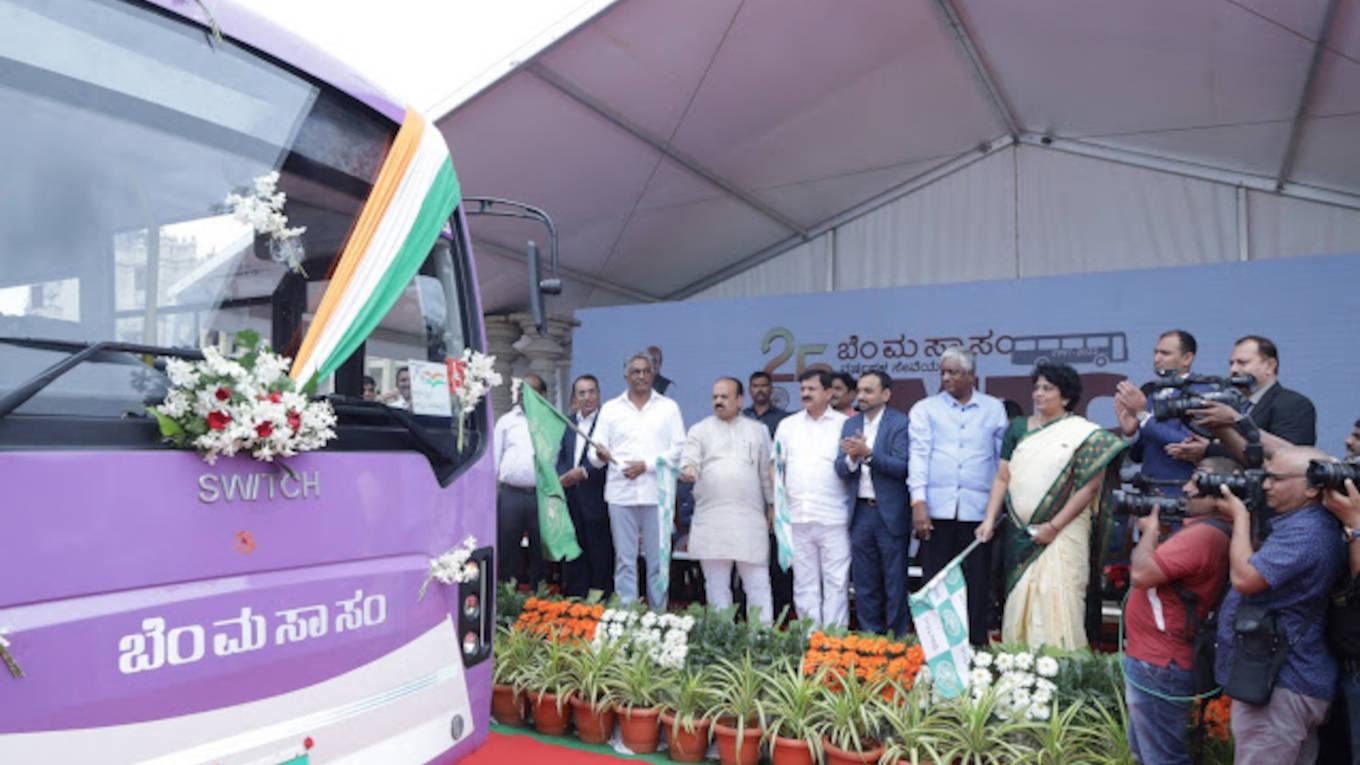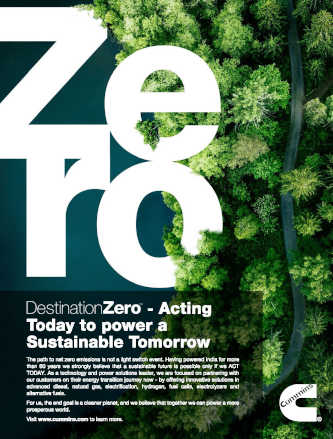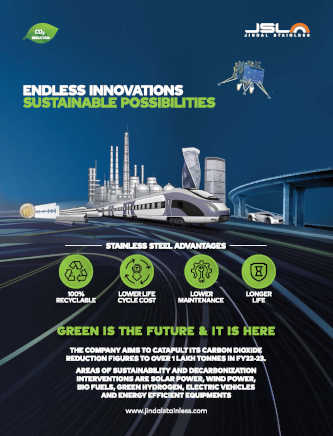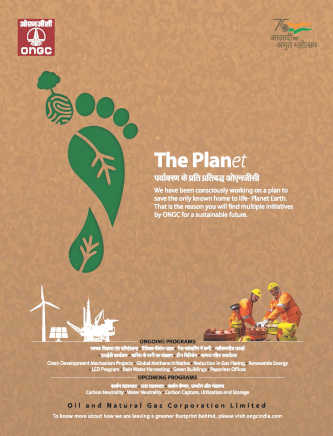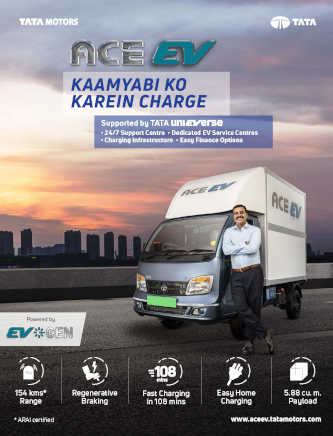Bengaluru city will soon have 1,222 modern electric buses in its public transport system, said Chief Minister Basavaraj Bommai on Sunday while flagging off the first batch of 75 Switch EiV 12 buses in front of Vidhana Soudha. The buses that were flagged off have been supplied by Switch Mobility, a carbon-neutral electric bus and light commercial vehicle company. The new technologically advanced electric buses are a part of the 300 electric buses. The chief minister said that the Centre has sanctioned 922 EV buses for Bengaluru on a lease basis as against 1,500 buses the government had requested. These buses and the 300 buses which Switch will supply will strengthen transport utility BMTC's fleet, he said. Bommai also said that Bengaluru was seeing addition of about 5,000 two and four wheelers a day, and at this rate, the city's vehicle population would overtake the number of city's residents. The city has the highest vehicle density in the country, he said, and urged people to switch to public transport to make the city livable. Switch India’s CEO, Mahesh Babu, said: “With increasing focus on electrification of mass public transportation, Switch India is committed to democratising zero-carbon mobility. In order to cater to these needs, Switch India launched the Switch EiV 12 platform in June 2022, and today we are delighted to begin initial deliveries of our Switch EiV buses to BMTC as part of our 300-strong electric bus order. These buses will play a vital role in reducing carbon footprint in the city of Bengaluru -- a reduction of over 14,500 tonnes of CO2 per year equivalent to planting 87,000 trees.’’ Across the country, the penetration of e-buses has picked up. In FY19, there were barely five electric buses plying the roads of Mumbai. In 2022, there are 1,954 battery-operated public buses deployed across the country, according to the ministry of heavy industries. In Mumbai alone, the number is poised to cross the 10,000 mark in the next three years. industry observers reckon that while the FAME 2 policy bootstrapped the EV sector with budgetary support, Convergence Energy Services (CESL) aggregated e-bus demand across cities, and helped procure them at compelling rates, massively boosting deployment across the country. Aided by subsidies and lower running costs, the total cost of ownership (TCO) of electric buses is lower than that of diesel ones. Consequently, besides the Union government, many states have also announced their own EV policies. “Given the government support and push towards electrification, the penetration of e-buses in India has picked up,” said Rohan Kanwar Gupta, vice president and sector head - corporate ratings, ICRA. Mahua Acharya, MD & CEO, CESL, believes there are roughly 1.4 million registered publc buses, at least 50,000 of which are end-of-life and need to be taken off the roads. “We are deliberating the way forward. The target is to replace these with e-buses by end-2030,” she said recently. While only eight states had deployed e-buses under FAME 1 (2015-March 2019), subsequently, around 25 states have decided to electrify their fleets after the implementation of FAME 2 (from April 2019). Delhi Transport Corporation (DTC), which had zero electric vehicles in its fleet until FAME 1, now aims to have 8,000 e-buses (comprising 80 percent of its fleet) by 2025. It currently has 250. Pollution-free environment “DTC has ordered another 1,500 e-buses, which will be deployed by end-2023,” said Ashish Kundra, principal secretary, government of Delhi, adding, “We will be coming up with a large tender for e-buses, 2,000 of which will be smaller nine-metre-long vehicles meant for last-mile connectivity.’’ Mumbai’s Brihanmumbai Electricity Supply and Transport (BEST), a civic transport and electricity provider, intends to have 10,000 buses running on electric powertrains by 2026. “Our key objective is to provide a pollution-free environment. We were among the first transport corporations to have electric buses. At present, we have 3,672 e-buses in our fleet. By 2026, we hope to have a fully electric fleet of about 10,000 buses, at least 10 per cent of which will be double-deckers,’’ said Manoj Varade, public relations officer, BEST. Given the push for e-buses, manufacturers’ order books are naturally bulging. They feel that pan-India numbers could double by FY23, and treble to 6,600 units by FY24. It is learnt that Tata Motors, Switch Mobility (a step-down subsidiary of Ashok Leyland), Volvo Eicher, Foton-PMI, JBM-Solaris, Olectra Greentech, and BYD, are among the manufacturers who have started shipping their products.
-
Chief Minister Basavaraj Bommai flagging off the first batch of 75 Switch EiV 12 buses in front of Vidhana Soudha

